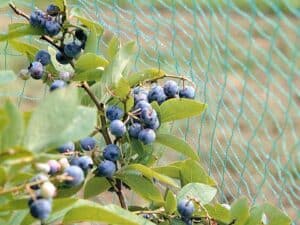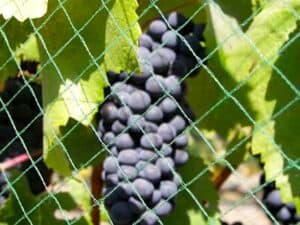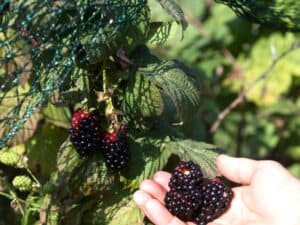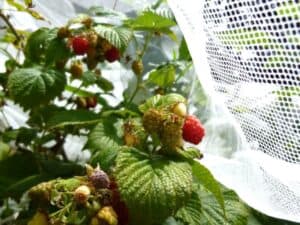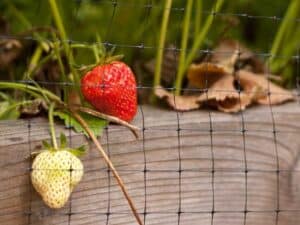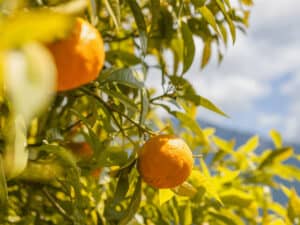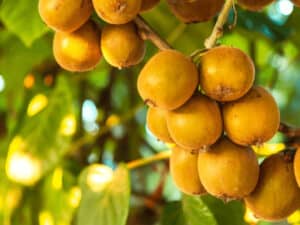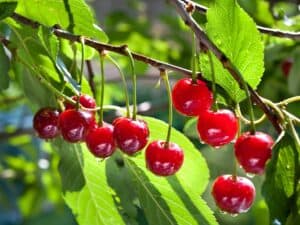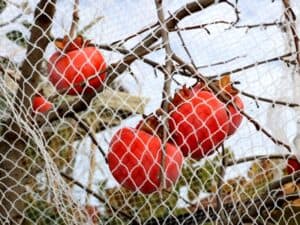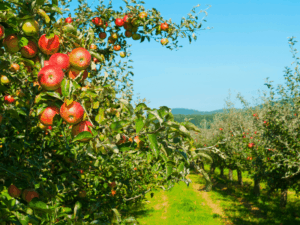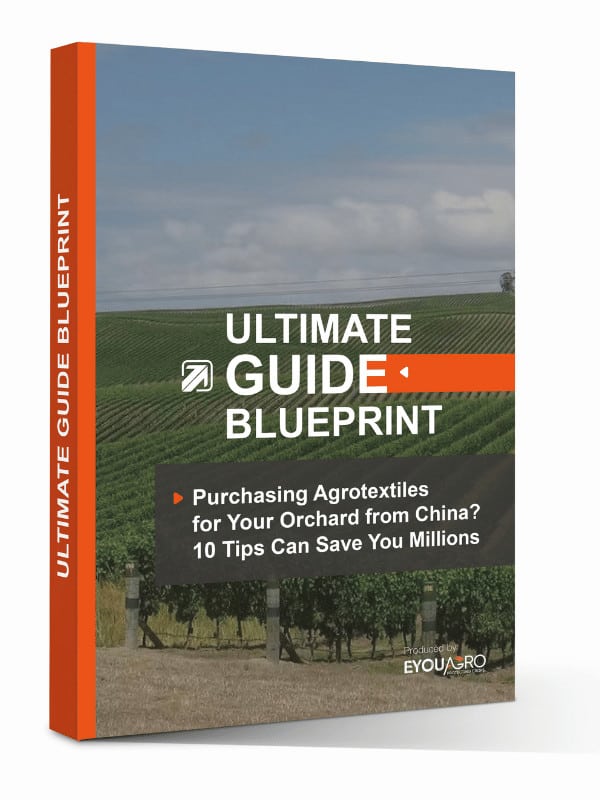Japanese Beetle Netting
Shield Your Crops and Vegetables From Different Pests and Japanese Beetles.
The Best Choices for Covering Your Garden or Greenhouse.
EyouAgro Japanese Beetle netting ( Bug Netting) products have 1/6-inch hole apertures. They are also available in UV-stabilized black polypropylene resin for longer service life.
-
- Lightweight– meaning it offers maximum protection to your crops or flowers without adding extra weight to your crops.
- Easier to clean and provides superb chemical resistance in a variety of corrosive environments
- Various industrial and commercial applications for restraint, reinforcement, separation, and prevention.
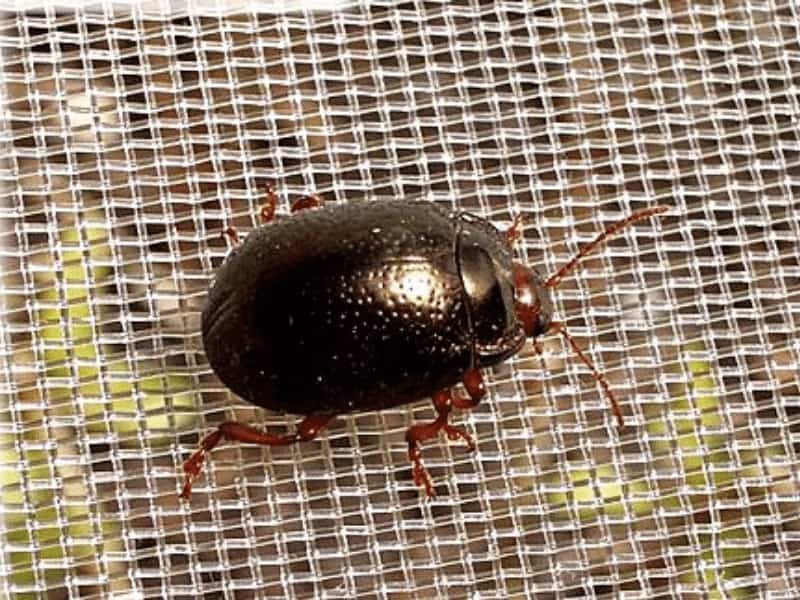
To make sure you can find the information you want quickly,
we have prepared this content directory that will jump to the corresponding location when you click on it.
Bird & Pest Control Netting has the following wide range of applications , Inquiry us for more solution.
Find the rights Bug Mesh below for your greenhouse; All of our products are provided with up to 5 years warranty.
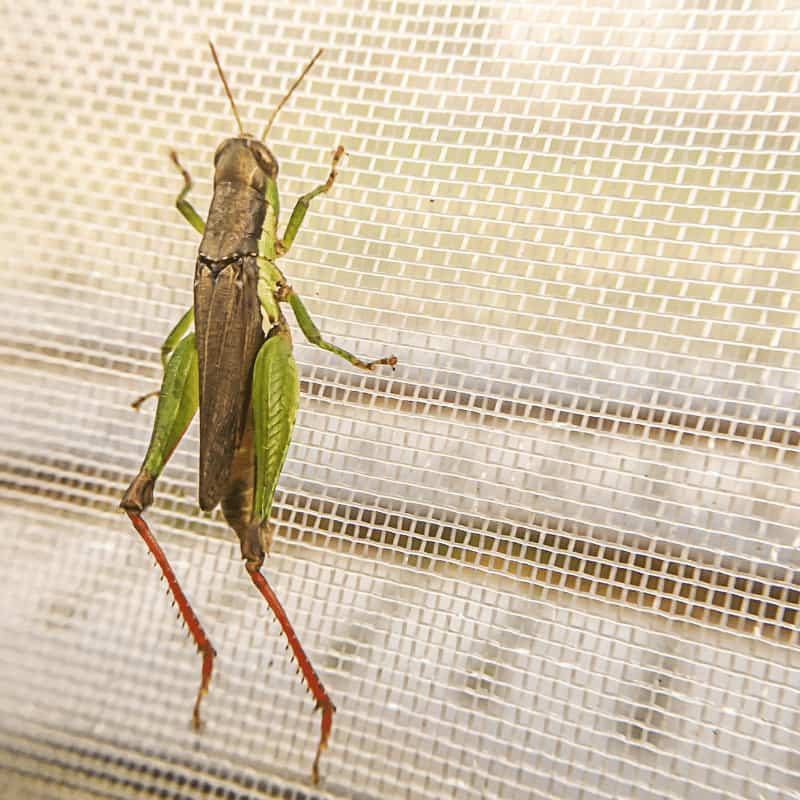
17 Mesh Insect Net is a cost-effective way to keep insects out of your garden while still letting the sunshine in. Eyouagro Insect Barrier Netting can be used year-round and won’t damage plants or flowers like other insecticides do!
Eyouagro Insect Barrier fabric and netting is easy to use and will last for years.
- Raw Material/Color: 100% virgin HDPE / Cristal
- Weight: 60grm
- Mesh Size: 1.42×1.42mm
- Shading: 16-18%
- Air Transmission: 75%
- Standard width: 2 – 3 – 3,6m
We will contact you within 1 working day, please pay attention to the email with the suffix “@eyouagro.com”.
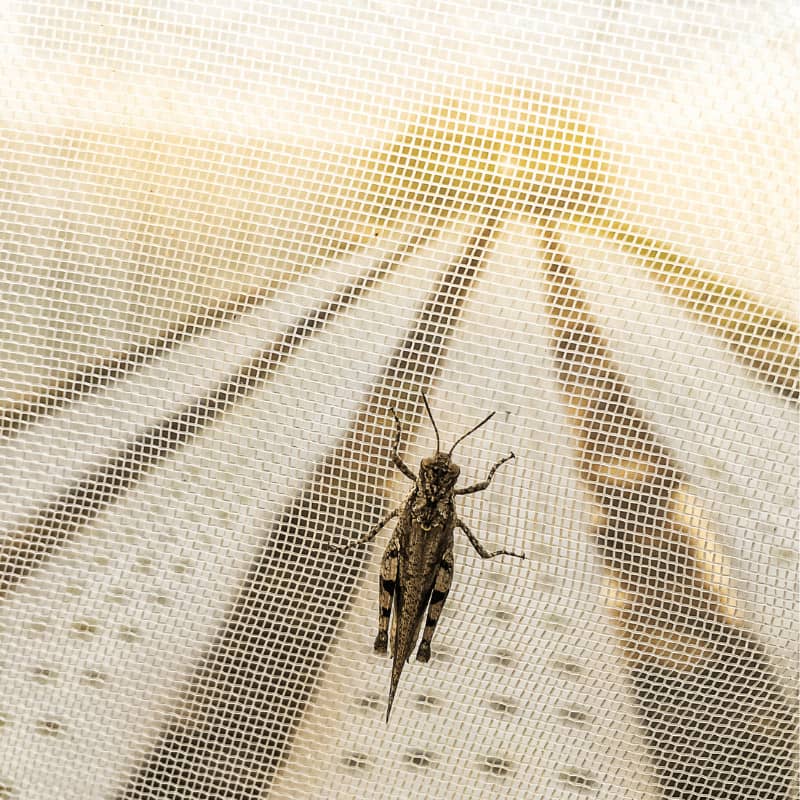
Nets of 25 MESH are usually at the side opening of the greenhouse. This type of mesh is of the smallest size. That means that it will prevent the tomato moth’s penetration inside the construction. It is necessary to bury the net at half a meter depth. In that way will larvae won’t get into the production space’s interior.
- Raw Material/Color: 100% virgin HDPE / Cristal
- Weight: 90grm
- Mesh Size: 0.77×0.77mm
- Shading: 18-22%
- Air Transmission: 60%
- Standard width: 2 – 3 – 3,6m
We will contact you within 1 working day, please pay attention to the email with the suffix “@eyouagro.com”.
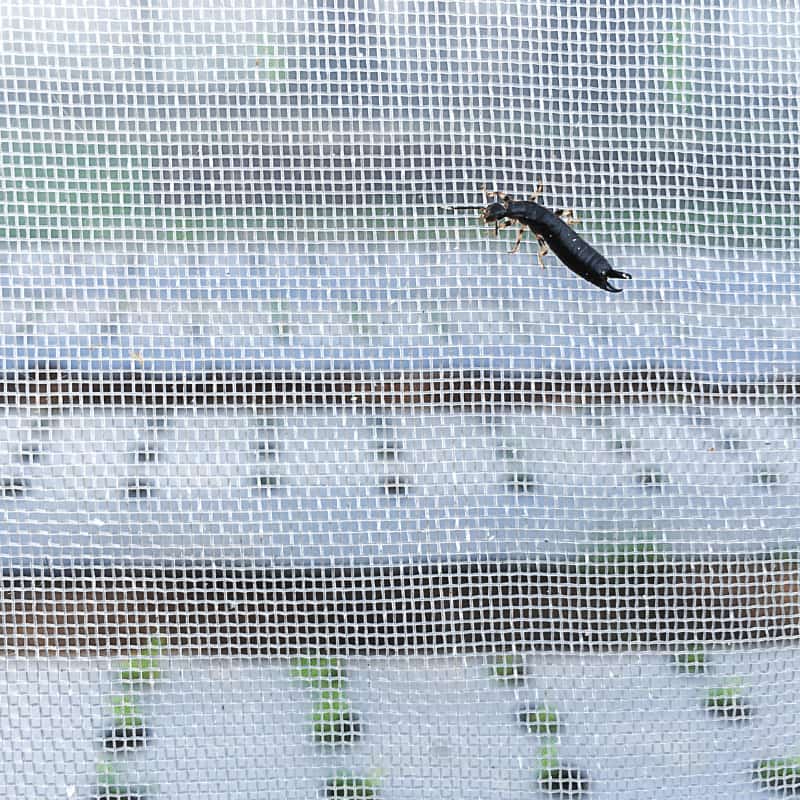
32 MESH Net protect the crop against Whitefly, leaf miner, Aphids, Thrips and more insects. The net prevents the penetration of those insects to the structure and by that the crop is safe. Thanks to this net the grower can have more yield and better quality from his crop, with much less spraying chemicals.
- Raw Material/Color: 100% virgin HDPE / Cristal
- Weight: 80grm
- Mesh Size: 0.59×0.59mm
- Shading: 20-22%
- Air Transmission: 45%
- Standard width: 2 – 3 – 3,6-4.5m
We will contact you within 1 working day, please pay attention to the email with the suffix “@eyouagro.com”.
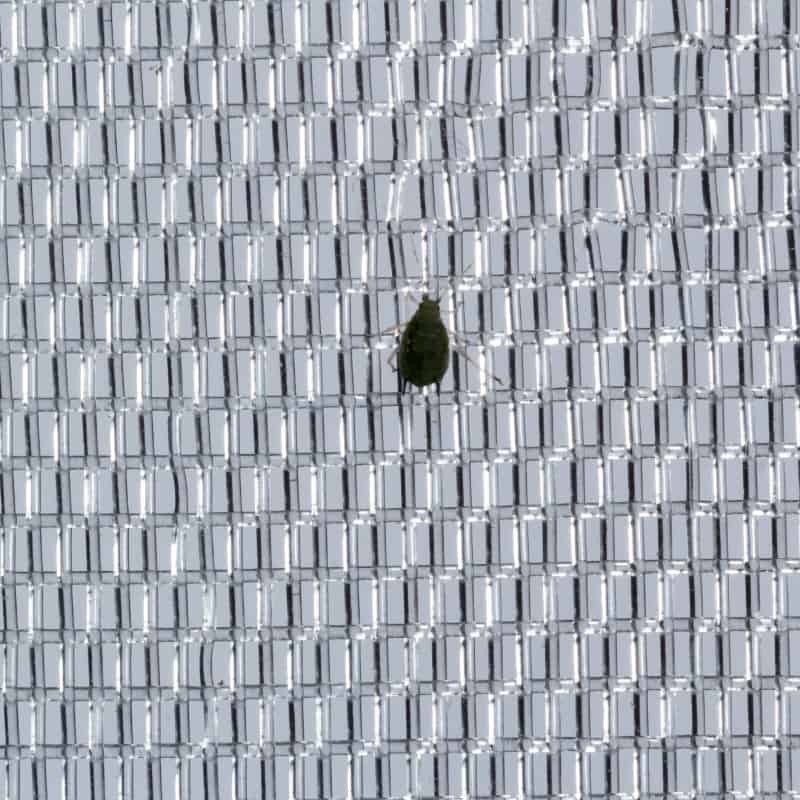
40 MESH uses both optical and physical means of thrips control. It is an excellent solution for growing peppers. But it is also suitable for any other kind sensitive to thrips. The installation of the net goes on the sides.
- Raw Material/Color: 100% virgin HDPE / Cristal
- Weight: 110grm
- Mesh Size: 0.77×0.40mm
- Shading: 20-23%
- Air Transmission: 35%
- Standard width: 2 – 3 – 3,6-4.5m
We will contact you within 1 working day, please pay attention to the email with the suffix “@eyouagro.com”.
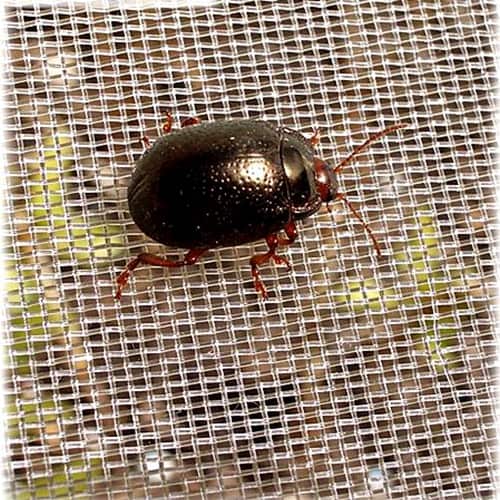
The material of 50 MESH in size has UV-resistance, and it is woven in the monofilament technique. They block the entrance of lice, thrips, whiteflies, and leaf miners.
- Raw Material/Color: 100% virgin HDPE / Cristal
- Weight: 130grm
- Mesh Size: 0.77×0.27mm
- Shading: 25-29%
- Air Transmission: 20%
- Standard width: 2 – 3 – 3,6-4.5m
We will contact you within 1 working day, please pay attention to the email with the suffix “@eyouagro.com”.
No matter if you are looking for a wholesale supplier or if you need a custom-made Aluminet , we can all help.
Try this netting calculator to get an approximate purchase requirements and send an enquiry to me
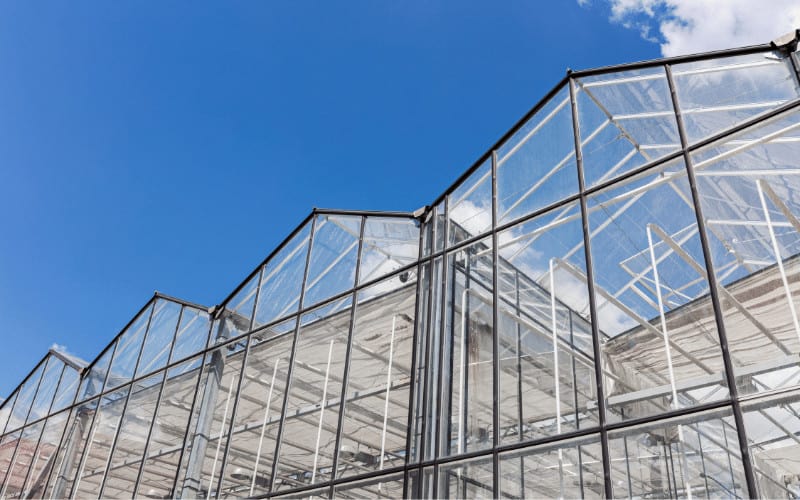
Lorem ipsum dolor sit amet, consectetur adipiscing elit. Ut elit tellus, luctus nec ullamcorper mattis, pulvinar dapibus leo.
Lorem ipsum dolor sit amet, consectetur adipiscing elit. Ut elit tellus, luctus nec ullamcorper mattis, pulvinar dapibus leo.



I like buying from Chinese company like yours.

Founded in 1996, EyouAgro uses Knitted and Woven technology to design, develop and manufacture Agriculture Protection Textiles.
EyouAgro offers clients a wide choice of standard and customized Polymer Netting for their farm or orchard needs.
Keeping the plants protected from pest and insect!
EyouAgro has a significant bug netting manufacturing capability.
- Certified by ISO9001, REACH, Rohs, SGS certification.
- Automated Raschel production line, create over 10,000sqm per day.
- Manufacture directly, large scale production and Well trained workers.
Whether you need bug mesh or need to custom any netting products.
EyouAgro always satisfies your needs.
Japanese beetle netting is an eco-friendly way of protecting or minimizing crop damage from insects, hail damage, and bird predation.
Bug netting provides a significant return on investment by increasing crop yield and enabling fruit and berries to reach optimal ripeness.
In most cases, you recover your alimony in just a single year of use.
With correct handling and installation, you can expect your netting for the garden to last for a decade.
Yes. To keep Japanese beetles at bay, hang down the bug mesh over your crops.
It is made of breathable material that enables sunlight and water to pass through.
This Japanese beetle control method employs a physical barrier that prevents the insects from landing on your plants.
Though these insects are just half an inch in length, they can cause significant damage to your crops. So, it is advisable to keep them off your garden by using eco-friendly garden netting.
Garlic: The scent of garlic is repulsive to several garden pests, including Japanese beetles. You can use the garlic to keep beetles and bugs off your garden in two simple ways.
First, plant some garlic as an outer border for your farm. Second, prepare a spray with garlic powder and baby oil.
Splash it on the leaves every few days to keep beetles away from preying on your crops.
No. Japanese beetles wreak havoc on lawns and gardens each summer.
Although they rarely kill trees or shrubs, they weaken them over time, making them vulnerable to many secondary pests and diseases.
Japanese beetles feast on over 400 different plant species, feeding in huge groups between leaf veins and delineating the vegetation. They suckle on fruits and flowers also.
Japanese beetles eat leaves, flowers, and fruits from various plants. These beetles feed on Virginia creeper, plum, cherry, grape, rose, basil, raspberry, corn silks, etc.
They delineate leaves by eating the tissue between the central veins, making the leaves look like lace. The ruined leaf turns brown and eventually falls off.
Healthy, mature trees and shrubs can withstand a lot of eating without suffering long-term damage.
Severe, continuous feeding can stunt, injure, or even kill young or unhealthy plants.
The scents of certain flowers, fruits, and plants, plus the pheromones of other Japanese beetles, attract these pests to nearly every yard with large, open grassy areas.
Specific crops are highly likely to attract Japanese beetles to your garden more than others. Japanese beetles Favorite foods include black walnut, apple, cherry, and linden trees, as well as grapes, plums, roses, and hollyhocks.
The Smart Way To Protect Your Greenhouse from Adverse Weather.
| Items | Name of Insect against |
| 17 Mesh | Fruit flies and bigger insects, |
| 25 Mesh | Mediterranean fruit fly and fig fruit fly |
| 40 Mesh | Whitefly (Partially), leaf miner, Aphids |
| 50 Mesh | Whitefly, leaf miner, Aphids, Thrips |
| RS-60 | Wasp , Vinegar fly Drosophila |
Table of Contents
What is a Bug Mesh?
A bug mesh is an eco-friendly way of protecting your fruits, flowers, and vegetables from various types of pests and beetles. Japanese Beetle netting has 1/6-inch hole apertures. They are also available in UV-stabilized black polypropylene resin for longer service life.
What are the Different Types of Bug Mesh?
There are three types of beetle netting.
Aerial nets- available in black and white colors, and you use them to catch flying insects such as wasps, bees, or dragonflies. Also, you can use it to catch insects perching on something.
Sweep nets- they are manufactured from sturdy fabric such as canvas. You drag them through thick vegetation to catch insects that are not easily noticeable without getting damaged.
Aquatic Nets are used to sample marine environments such as rivers, ponds, puddles, streams, tree holes, abandoned tires, etc. They differ in size according to usage.
Why Bug Meshing Important?
-
Simple to Install- Garden netting is effortless to install, and you can use it for covering your plants, trees, vegetables, and fruits. You just cut the mesh and customize it to your needs. The tools for fastening the nets are readily available.
-
It lasts long and is lightweight, and doesn’t require high maintenance cost
-
Straightforward to store so you can easily remove it and reinstall it as needed.
-
It does not decay, and UV rays can not break it down.
What is the Important of Japanese Beetle Netting?
Using a bug mesh to protect your crops from damage is friendly to the environment.
Bug meshing allows your berries to ripen thoroughly without any damage, thus enabling them to attain the desired sugar levels.
It allows water and air to pass through while protecting the crops at the same time
Beetle Netting Application
You can use the garden netting as follows:
-
Row crop covers for your plants or covers the plants when they are still in their nursery.
-
As superb hoop covers over row growing crops
-
The netting stops picking through damages.
-
You can use it for your traditional farming or gardens to allow good airflow and minimum shade rate.
7 Steps on How to Choose A Bug Mesh For Your Farming Projects
No farmer deserves to lose their hard work to extreme weather conditions or relentless pest attacks. Some insects and birds are a farmer’s nightmare as they seek to ravage the farm.
That’s why it is critical to keep them in check right from the get-go. And garden netting does the trick in most cases.
However, before buying a bug mesh, consider the following factors.
You can easily find various types of bug netting. You must know your specifications. It will assist you in creating a suitable protective barrier for vegetation on your farm.
Step 1- Understand your needs
Garden nettings come in various sizes and colors. Pick the size and color suitable for your garden.
Step 2 Where to Buy
You’ll be spoilt for choice when it comes to buying a Japanese beetle netting. Nonetheless, ensure you buy from the experts who have been supplying garden netting for decades to avoid disappointments. You can buy from EyouAgro. Take a tour of our manufacturing site if you are a local client to get first-hand info about the netting. Suppose you are a global client, import.
Step 3: Consider the Weight of the net
Always double-check the weight in grams per square meter. This is an indication of how long your netting will last.
Step 4: Check to see if your netting is UV-stabilized
If your bug mesh is not UV treated. It may not be able to endure strong winds and will diminish quickly.
Step 5: Consider the age of your plants.
Are they still in the nursery, or have they matured? Pick according to your needs.
Step 6: Types of crops you are growing
Different types of produce might need a different kind of garden netting. Buy according to your needs to avoid wastage.
Step 7: Last but not least, take into account the mesh’s width.
Fine meshes effectively keep small bird insects at bay. Smaller Also, invest in a high-quality garden netting that can withstand unpredictable outdoor conditions for an extended period.
How to Install a Bug Mesh
Installing a bug mesh is an effortless procedure. Here’s how to do it on different applications.
How to To install a bug mesh on fruit trees
Step 1: Tuck netting around the tree canopy or dangle it over it.
Step 2: At the trunk, assemble the netting and stable it with some clips or twist ties.
Step 3: If you have tall trees, you can use a pole to lift the mesh to the tree canopy’s tops.
Installing Bug Mesh on Beds or garden rows
Step 1: Hang down the mesh over your crops in beds or garden rows.
Step 2: To keep the net firm, fasten it with sticks or tie it at the bottom and tuck it in.
If your garden bed contains young upright crops, elevate the mesh with stuff like a wire or stakes to stop it from lying on your produce.
How to Install A Garden Netting on berry crops or Vines
Step 1: Cover the mesh around the vines or supporting framework.
Steps 2: Fix the edges with some sticks to keep the net in place
Try hoisting the bug mesh off the vines with a wire for all vining crops. This prevents the vines from being entwined.
3 Tips for Japanese Beetle Netting
Do’s
-
Based on your needs, always go for the best bug mesh you can afford. High-quality garden netting is durable, and you can use it in different applications.
-
Take into account weights and sizes, and look for reputable bug mesh suppliers.
-
Before purchasing a gardening net, get the correct measurements of the garden or greenhouse. You will avoid unnecessary waste. Knowing how to measure things will also help the buying process run smoothly.
Don’ts
-
Do not buy a bug mesh in a huff. Take time and mule over things.
-
Never wash your net with strong detergents to avoid damaging it
-
Ensure your bug mesh is dry before storing it, and always ensure that you keep it in a dry place.
Conclusion
Some gardeners use unethical methods to keep birds and insects out of their gardens.
The harmful chemicals are hazardous to birds and crops. They can contaminate fruits and vegetables, posing a risk to those who consume them. Garden netting is an environmentally friendly method of keeping bugs and birds off your crops.
Visit www.eyouagro.com or contact us at info@eyouagro.com and select the best Japanese beetle mesh for your farm.

CERTIFICATIONS
EYOUAGRO Repsects Quality Standards



